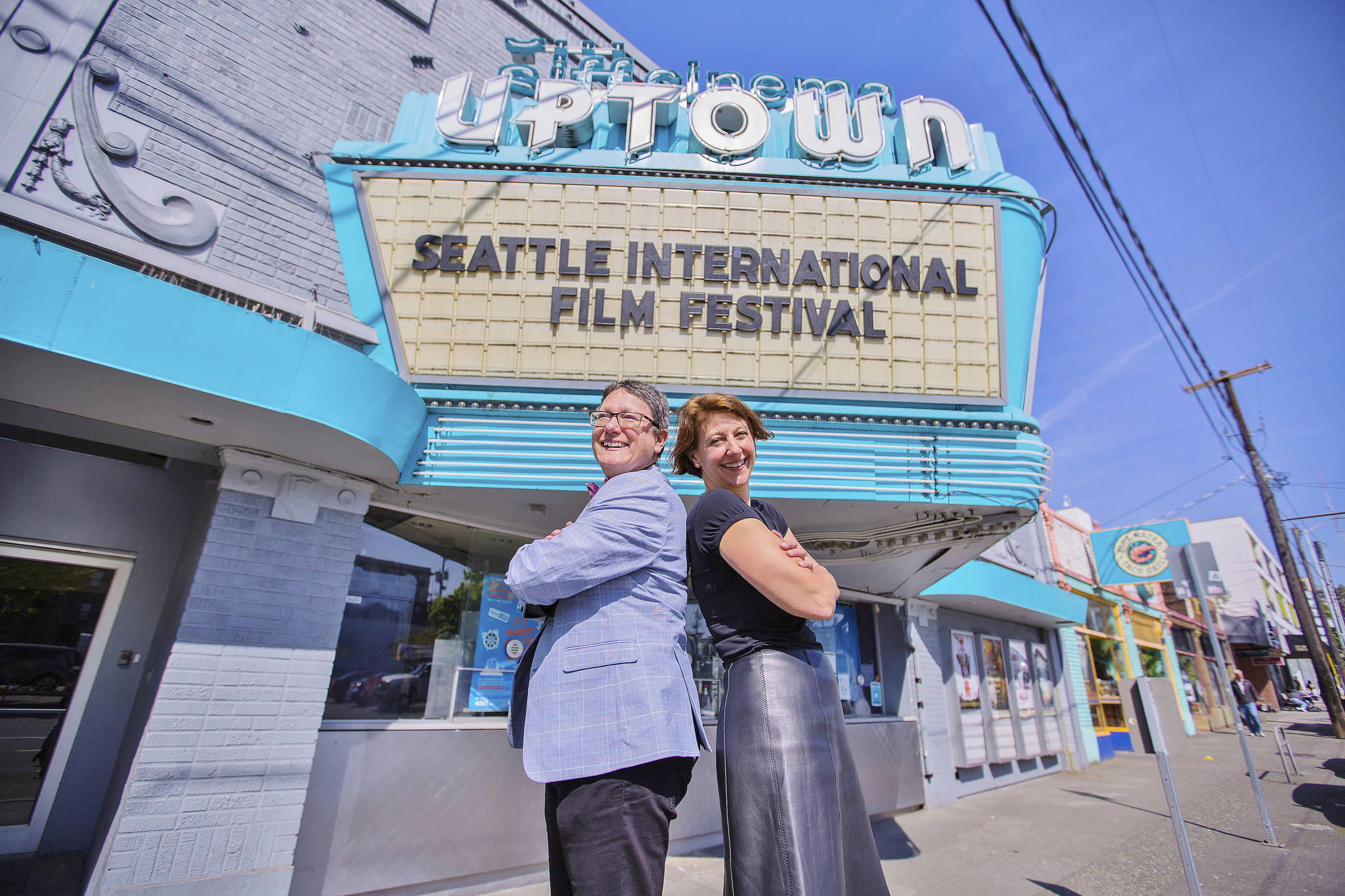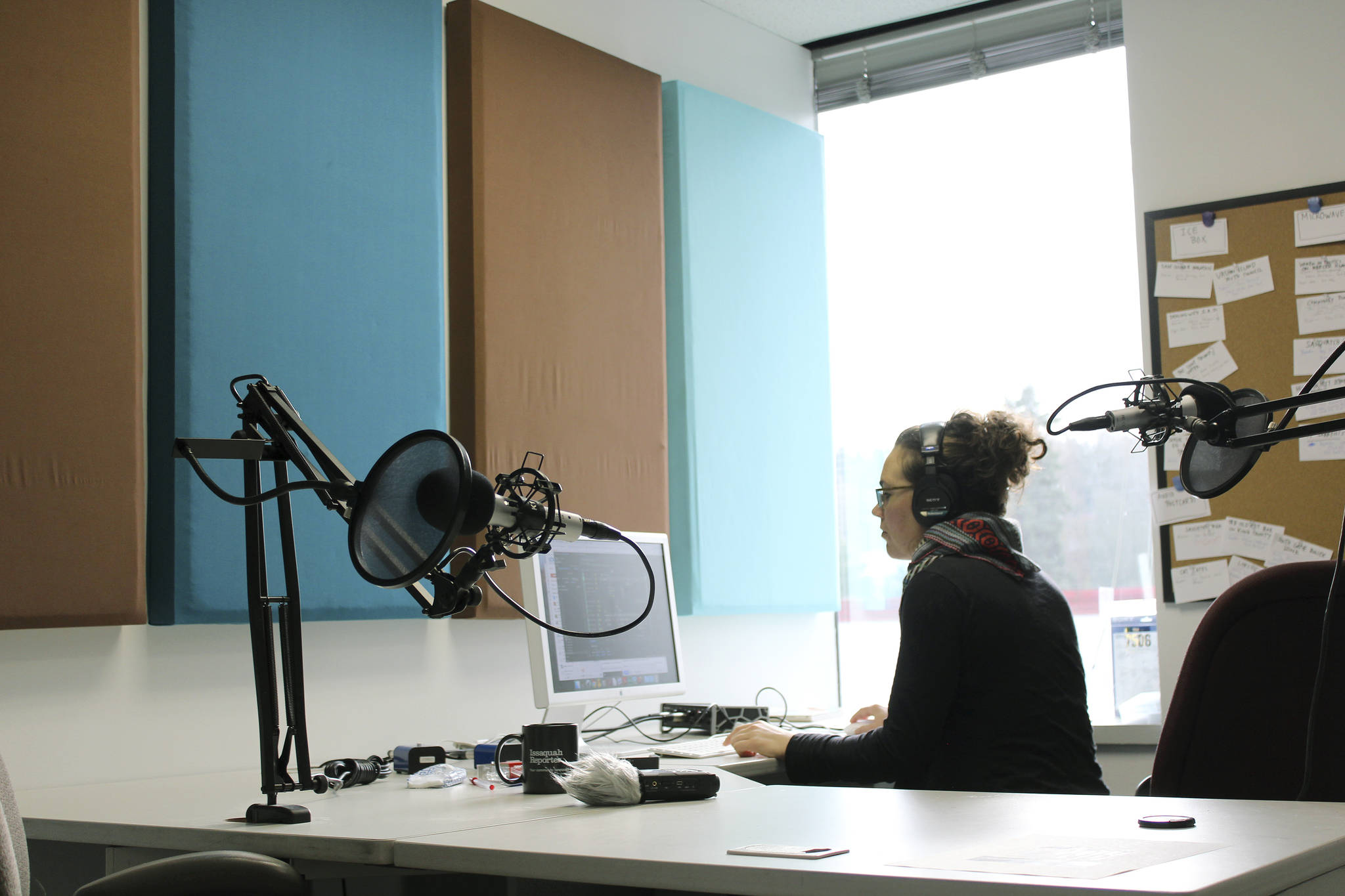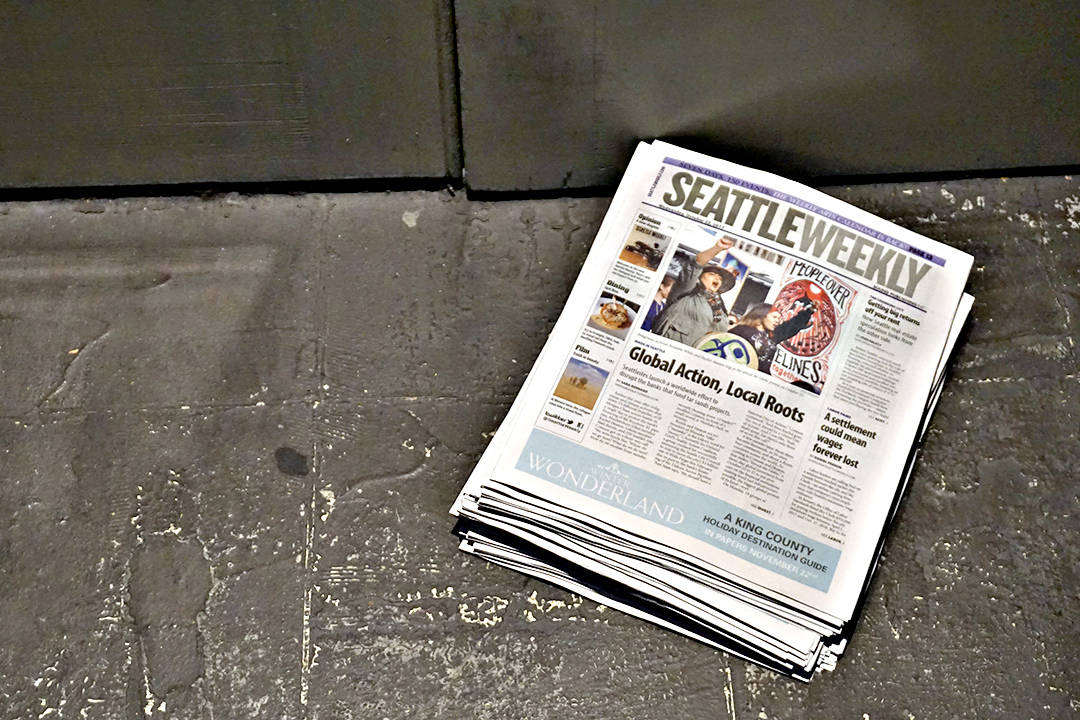There was never any doubt that Drew Grow could fill a room with his voice, or that he could grab attention with his rattling, pitchy staccato and man-possessed stage presence. That had all been established in the past few years as the Portland musician fronted his neo-gospel band, the Pastors’ Wives. This attention turned to praise in some corners. Within the modern roots movement that grew up around the Doe Bay Festival and was championed by music blog Sound on the Sound, there was a sense that Grow was the spiritual center, with godfatherly Damien Jurado playing the soulful guide and The Head and the Heart playing the heart, and later the head. There was a belief that, like these other scene leaders, Grow and his band were destined for great things.
I didn’t think so. I remember two years ago seeing the band play at Columbia City Theater in celebration of its self-titled release, and feeling put off. Grow’s voice, on which every song seemed to hang, was grating. His band’s pace was laggard. And unfair expectations were put upon the audience; they were expected to stomp and clap and howl. These are all fine things, but the band seemed to require it. There was the sense that if there were no audience, there would be no Pastors’ Wives. Like a clingy lover, the band had earned my mild contempt.
Last Friday a very different band took the stage at Barboza. This band didn’t really need anybody. With terse, direct songs built around growling electric-guitar lines and spare-but-insistent drum hits, the trio was self-propelled. At the center was Grow, cutting his way through songs that still had gospel roots, but were unmistakably punk in their DNA. The band was Modern Kin, and its electrifying performance in that dark underground club before a handful of people convinced me that Drew Grow is in fact destined for great things.
Of course, it’s not just Grow. The band before me was the Pastors’ Wives, slightly recast. Keyboardist Seth Schaper is gone. But Jeremiah Hayden continues to play the drums—still with a restrained respect for the space between beats, but now with a quickened pulse. Kris Doty still plays the bass, though she held an electric bass as often as that old-timey upright. Grow was still dressed as a pauper, though he looked more like he came from the gutter, greasy and gray, than an orphanage, as he often did with the Pastors’ Wives. And there was still that voice, rippling uneasily over it all. And yet, in this new setting, it worked. With the songs pushing aggressively, that grating staccato transformed into the most human of sounds, the bleating plea of a man trying to keep up with an unrelenting machine.
As the scene that bore the Pastors’ Wives has matured, it has also dissolved somewhat. Free to go his own way, Grow chose to follow a new sense of urgency. It was a wise decision.
At Barboza, old songs were given new life. “Company,” a slow, melodious ballad with a runner-at-rest heartbeat when performed by the Pastors’ Wives, transformed into a meticulous, bopping, somehow sinister love song. “Friendly Fire” kept its gospel harmonies, but, stripped of its gummy keyboard work, felt much more immediate. The band played a few new songs as well, with standout “40 Winks” sounding straight off the CBGB stage in the late ’70s.
That song will presumably be available on the band’s album, due out in October. Alongside it, I hope, will be “Sooner or Later,” the first of two encores and the song that sealed the deal for me. Opening with a few measures of hypnotic bowed bass, the ballad is built around a single circular guitar line, and features Grow singing, his voice raw, but clear, and wavering at the edges. The affect is spiritual, but it is turned inward, unaffected, seemingly independent of the listener. The song recalls the best moments of Pearl Jam, another band led by a man with a manic performance style that, when focused, can move arenas of people all on its own.
That song over, Grow addressed the modest crowd. “All right, guys. We’re just getting warmed up; we’ll see you guys soon.” And then the band played “Bootstraps,” an old Pastors’ Wives favorite, and almost burned the place down.













